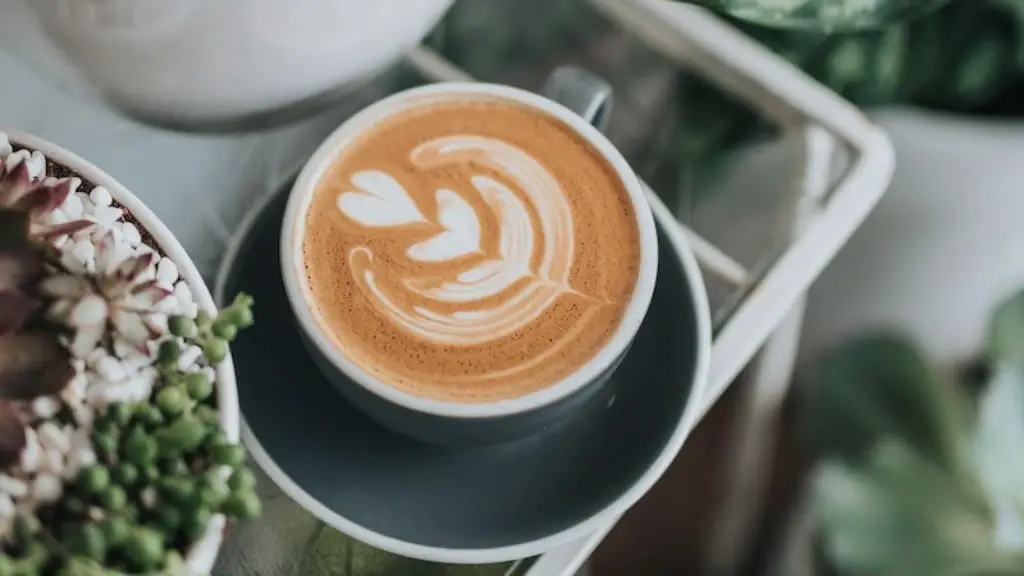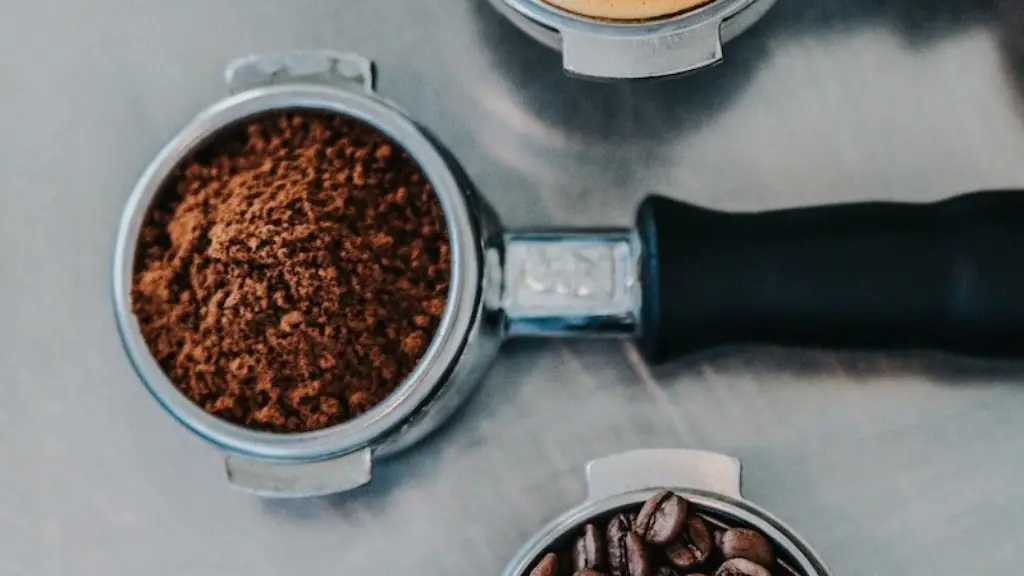Shifting Habits – When Can You Really Drink Coffee?
Coffee has become an essential part of many people’s daily lives; whether it is to wake up in the morning or give you that energy kick in the afternoon. Nonetheless, many of us find ourselves having just one cup too many, particularly during the evening. It is a fact that caffeine is a stimulant and can cause sleep disruption if consumed too close to bedtime. Therefore some of us are left wondering ‘Can you drink coffee at night?‘
In order to answer this question, let’s explore the effects of caffeine on the body. Associate Professor at the University of Adelaide, Robert Ding reveals that caffeine has the ability to narrow blood vessels and stimulate the central nervous system, making you feel more alert. Caffeine also keeps people awake by boosting the production of dopamine, which raises the alertness levels. This can lead to a decrease of the quantity and quality of sleep.
On the contrary, Dr. Nancy Simpkins, a Philadelphia-based internist and nutritionist, states that there should not be an issue with drinking coffee at night, providing that it is not consumed excessively. She further highlights the importance of regulating caffeine intake throughout the day and suggests that it is best to stay away from any sources of caffeine after 5 pm. Refraining from this stimulant later in the day means that you can prevent any sleep disruption from happening.
It is clear that controlling caffeine consumption is the key to ensuring that you don’t suffer from the effects of drinking coffee at night. This is not as hard as it may seem. You can simply adjust your daily coffee consumption throughout the day in order to keep your intake regular and prevent an excess from occurring.
Advantages of Coffee In the Evening
Although most sources of information on this topic suggest avoiding coffee late in the day, have you ever considered the advantages of this beverage in the evening?
Prof. Sangeetha Madan from the Indian Institute of Coaching and Communication elucidates the importance of coffee in the evening; believing it to be beneficial for creativity and concentration levels. For example, some people feel that they perform cognitive activities more efficiently after consuming coffee. Furthermore, coffee has been known to help with studying and work tasks as it increases energy and productivity levels.
Nevertheless, you have to consider the effects this type of stimulant will have on your body and the time at which it is consumed. Therefore, if you believe coffee can help with mental productivity, you should take the advice of Dr. Simpkins and ensure your caffeine intake is regulated and stops before 5 pm.
The Effects of Caffeine on Mental Health
Studies show that consuming too much coffee can have some adverse effects on mental health. For instance, there is evidence that over-consumption of this stimulant can contribute to anxiety. Individuals who drink a large amount of coffee on a regular basis face an increased risk of anxiety and increased stress levels due to the effects of caffeine.
These effects may be even more severe in people who are more sensitive to it. This means that even without drinking an excessive amount of coffee, they may still be at risk of increased stress. It is important then to monitor and adjust your caffeine intake accordingly to avoid such detrimental effects.
Strategies to Reduce Caffeine Intake at Night
If you tend to have coffee late in the day, there are a few simple strategies that you can adopt in order to reduce your caffeine intake. Firstly, make sure to be mindful of what type of coffee you consume. It is important to remember that espresso contains more than double the amount of caffeine compared to a regular cup of black coffee. Therefore, if possible, it is best to avoid or substitute espresso for regular black coffee to reduce your caffeine intake.
Additionally, you can also consider alternative caffeine-free drinks such as herbal teas, if necessary. After a few weeks, you may find yourself gradually reducing your overall caffeine consumption and as a result, you may even begin to feel more alert and energised earlier in the day.
Alternative Coffee Sources
Although coffee is known for its stimulant effects, research shows that there may be some advantages to drinking decaffeinated coffee late at night. A study published in the British Journal of Psychology found that the consumption of decaf has calming, relaxant effects instead of alertness. This suggests that decaf can potentially help prevent sleep disruption without taking away the pleasure of a nice cup of coffee.
Furthermore, some argue that decaf coffee has a smoother taste compared to regular coffee. Therefore, if you’re looking to have something calming late at night, why not consider some decaf coffee to keep you going.
Try A Non-Coffee Alternative
If coffee isn’t for you, there are other caffeine-free alternatives that you can consider late at night. For those who like the taste of coffee and the idea of something warm, Chai Latte and other flavoured lattes are ideal. Similarly, herbal teas are an excellent substitute for those of us who are looking for something more calming.
Green, hibiscus and chamomile teas are particularly popular, as they are not just relaxing but also beneficial for your overall health and wellbeing. For example, hibiscus tea has cardiovascular and anti-inflammatory benefits, and chamomile tea can aid sleep and leave you feeling more relaxed.
Listen To Your Body
Before making any decisions about how much coffee or which type of coffee you should consume, it is important to trust your own body and be mindful of how you feel. At the end of the day, it may be better to avoid coffee if you notice that your consumption is preventing you from sleeping well or affecting your mental or physical health. Ultimately, it is about listening to your body and paying attention to how what you eat and drink may influence how you feel.
A Coffee-Free Evening Routine
One of the best habits to adopt is forming a coffee-free evening routine. Aim to finish your caffeine consumption at least four to five hours prior to going to bed. This will give your body time to recover and help reset its sleep-wake cycle. In addition, develop calming routines that make you more relaxed before bed. This can be anything from taking a hot bath, reading a book or listening to calming music.
The Verdict
Although there is evidence that suggests late-night coffee consumption can lead to disrupted sleep, this does not mean that you should avoid it entirely. You just need to be mindful of your caffeine intake and adjust it so that it fits in to your lifestyle and daily routine. The importance of remembering is that its effects can differ for everyone, so it is essential to listen to your body and take into account any potential changes in your sleep-wake cycle; in addition to any impact it may have on your mental and physical health.


